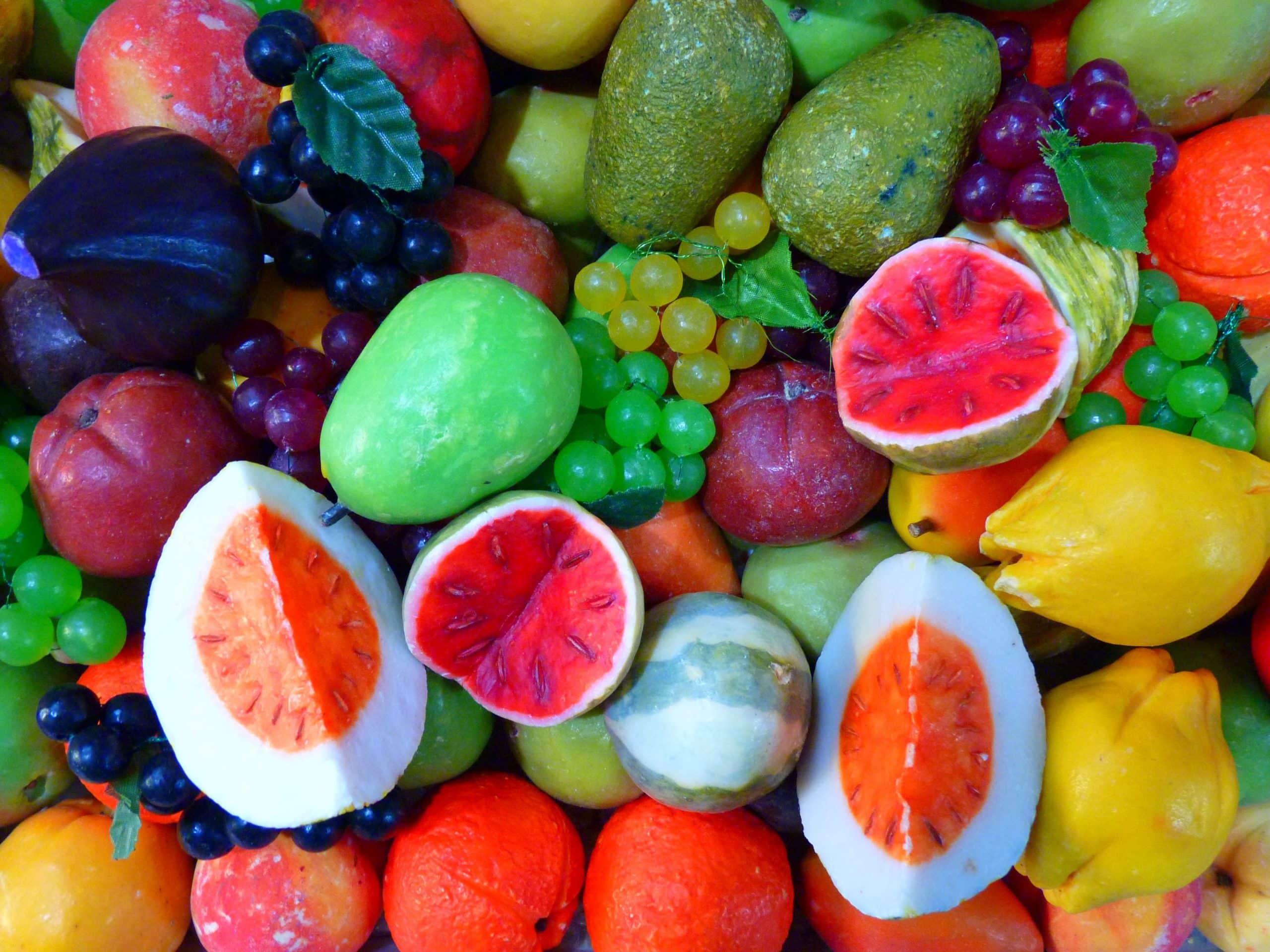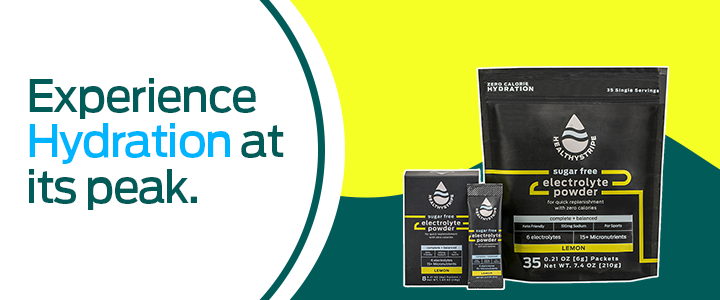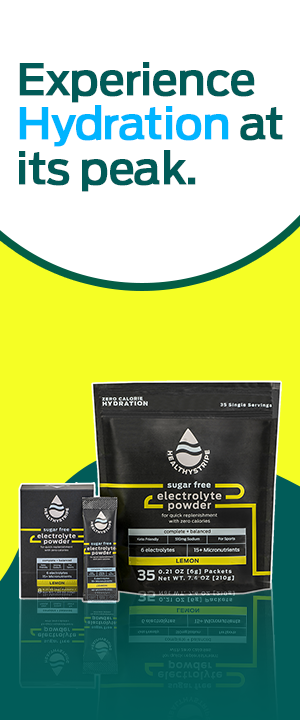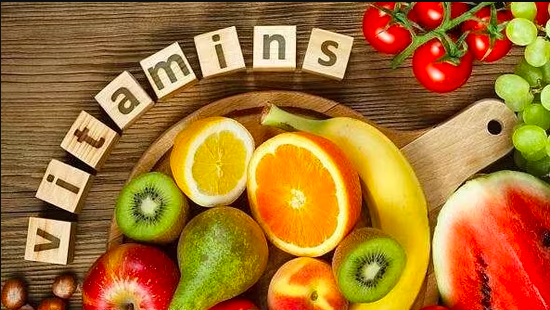Vitamin K: Uses, Benefits, Dosage, Food Sources

Vitamin K is the unsung hero of the whole vitamin squad. As we take enough vitamin K through our diet, vitamin K deficiency is quite uncommon in adults. However, the intestine of newborn babies can’t synthesise it so newborns are at risk of vitamin K deficiency.
That is why a shot of vitamin K is needed to protect the baby from vitamin K deficiency bleeding or VKDB sudden bleeding.
The diagnosis of vitamin K deficiency is performed by checking blood clotting time or prothrombin time. Usually, the blood clots in 11 to 13 seconds, if it takes longer than this, then there may be a vitamin K deficiency.
Easily bruising in adults is a sign of vitamin K deficiency. Other serious signs are dark black or tarry stools and blood clots on nail beds etc. Vitamin K dietary sources and supplements are discussed in detail in this article along with its benefits and daily dosage as well.
Vitamin K & forms of Vitamin K (K1, K2, and K3)
There are three types of vitamin K, vitamin K1, K2 and K3. Vitamin K1 is taken from dietary sources, vitamin K2 is mostly made by the bacteria in the intestine or from animal products. Vitamin K3 is simply a man-made precursor of vitamin k that is converted into vitamin k2 in the liver.
Vitamin K1 – Also known as phylloquinone, the major source of vitamin K1 is green leafy veggies like spinach, kale, lettuce etc.
Vitamin K2 – Also known as menaquinone, synthesised in the intestine, may be found in animal products like cheese, eggs, meat, etc. Its highest quantity is found in fermented cheese.
Vitamin K3 – Also known as menaphthone or menadione, is a man-made supplement that is not used clinically much nowadays due to its side effects if administered in excess.
Also Read: Top 15 Foods High In Vitamin B12
Benefits of Vitamin K
- Stops Bleeding – It is the most essential vitamin needed to stop bleeding. Newborn babies lack this vitamin which is why the shots of vitamin k are given within a few hours of birth to avoid any internal or external bleeding from the umbilical cord. Vitamin K is vital for newborns to prevent any fatal complications.
- Increases Insulin Sensitivity – It is hypothesised to increase insulin sensitivity in the body but lacks bulk evidence on the same.
- Anti-Cancer – Vitamin K acts as an added supplement to increase the efficacy of chemotherapy drugs and thereby decrease drug resistance. Vitamin K stops the p-glycoprotein in the body so that the body may accept the chemo drug and cancer may be eliminated.
- Bone formation and bone health – Vitamin K helps in bone maturity and decreases bone damage by combining with the bone-forming cells called osteoblasts.
- Cardiovascular benefits – Vitamin K is essential for optimal heart functioning as it prevents plaque formation in arteries, also known as calcification of arteries. Some studies claim that vitamin k2 or menaquinone is more effective in reducing the calcification in the arteries than vitamin k1 (source)
How much Vitamin K do you need?
Adult males need 120 micrograms and adult females need 90 micrograms of vitamin K as their daily dosage. As vitamin K deficiency may cause various complications, the excess of vitamin k may also be bad for the body. So vitamin k supplements must be taken under medical supervision only.
Food sources of Vitamin K
- Vegetables – Spinach, Cabbage, Kale, Brussels sprouts, Salad greens, Vegetable oils
- Milk products – Raw cheese, Yoghourt, Fermented cheese
- Fruits – Prunes, Blueberry, Avocado, Kiwi, Pomegranate, Blueberry, Sun-dried Tomatoes, Grapes and Figs
- Animal Products – Butter, Egg yolk, Milk and Milk products
- Fermented products – Kefir, Fermented Cheese, Sauerkraut (fermented cabbage), Fermented soybeans or natto.
- Drinks – Green Tea, fruit juices, Tomato juice
- Other Food products – Chickpeas, Soybeans etc.
Potential Drawbacks and Concerns
- Newborn babies and exclusively breastfed babies are deficient in vitamin K, as the infant’s intestine is unable to make vitamin K and breastmilk also lacks vitamin K in it. So a vitamin K injection just after birth is absolutely necessary to prevent bleeding.
- Heavy Menstrual bleeding may also occur due to vitamin K deficiency so this cause must also be monitored.
- Bleeding gums, skin bruises and spots under nail beds must not be missed as clear signs of vitamin K deficiency.
- Patients on blood thinners like warfarin are prone to bleeding so they should take vitamin K supplements as well.
- Other medications like antibiotics and high doses of vitamins A & E also interfere with vitamin K production and absorption.
- Certain diseases like celiac disease, liver disorders and cystic fibrosis etc create a barrier against the absorption of vitamin K.
Conclusion
Vitamin k is majorly responsible for blood clotting which is why its deficiency may be life-threatening. Fortunately, vitamin K is so easily found in plants, fruits, dairy products and fermented recipes that its deficiency in adults is quite rare but common in babies if a vitamin K shot is not given.
However, those adults who majorly eat junk food or have a metabolic absorption disorder may be quite prone to vitamin K deficiency. The symptoms of vitamin k deficiency must be considered and the supplements must be taken under medical supervision.
Vitamin k1 supplements are the safest to take and dietary sources are your best bet to treat vitamin k deficiency and reap the benefits of ample vitamin K in your body.
Diet matters the most!
FAQs
What are the 5 benefits of vitamin K?
What fruit is high in vitamin K?
100 grams of prunes can give you about 60 mcg of vitamin K. These dried plums are quite high in vitamin K and must be eaten if you are suffering from vitamin K deficiency. Other fruits high in vitamin K are kiwi, avocado, blackberries, blueberry, dried figs, sun-dried tomatoes and grapes etc.
Are eggs high in vitamin K?
Although the amount of vitamin K in an egg depends upon the diet of the hen, in general, egg yolks contain a good amount of vitamin K if the chicken has eaten soybeans and another vitamin K rich food. Eggs contain vitamin k2 or menaquinone in them. It can go up to 67 to 190 mcg of vitamin K2 in one egg in high-quality eggs.









